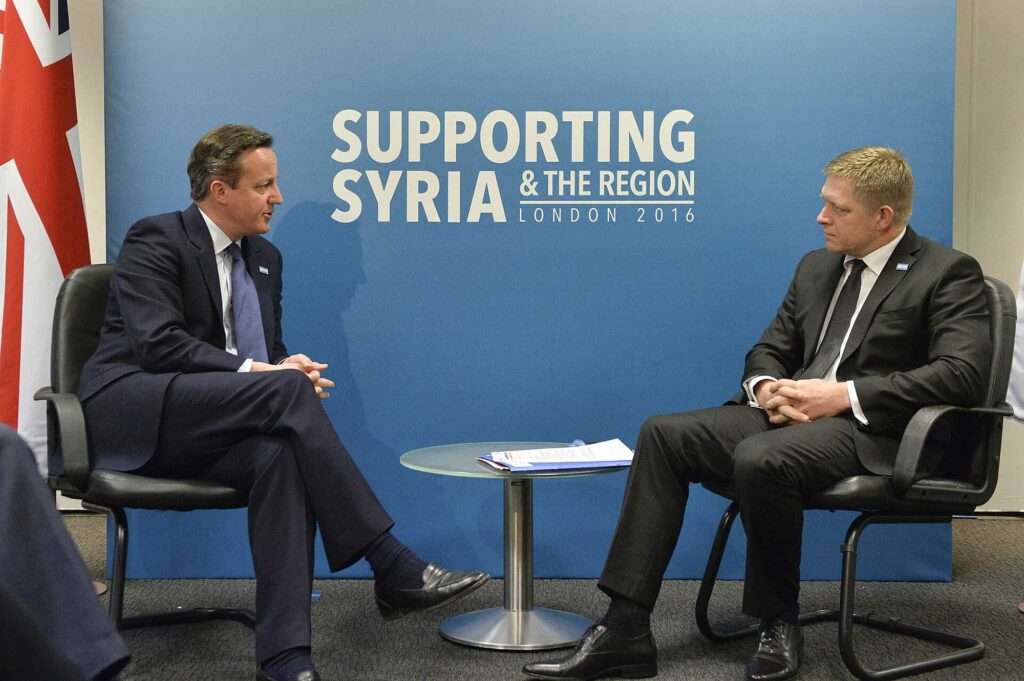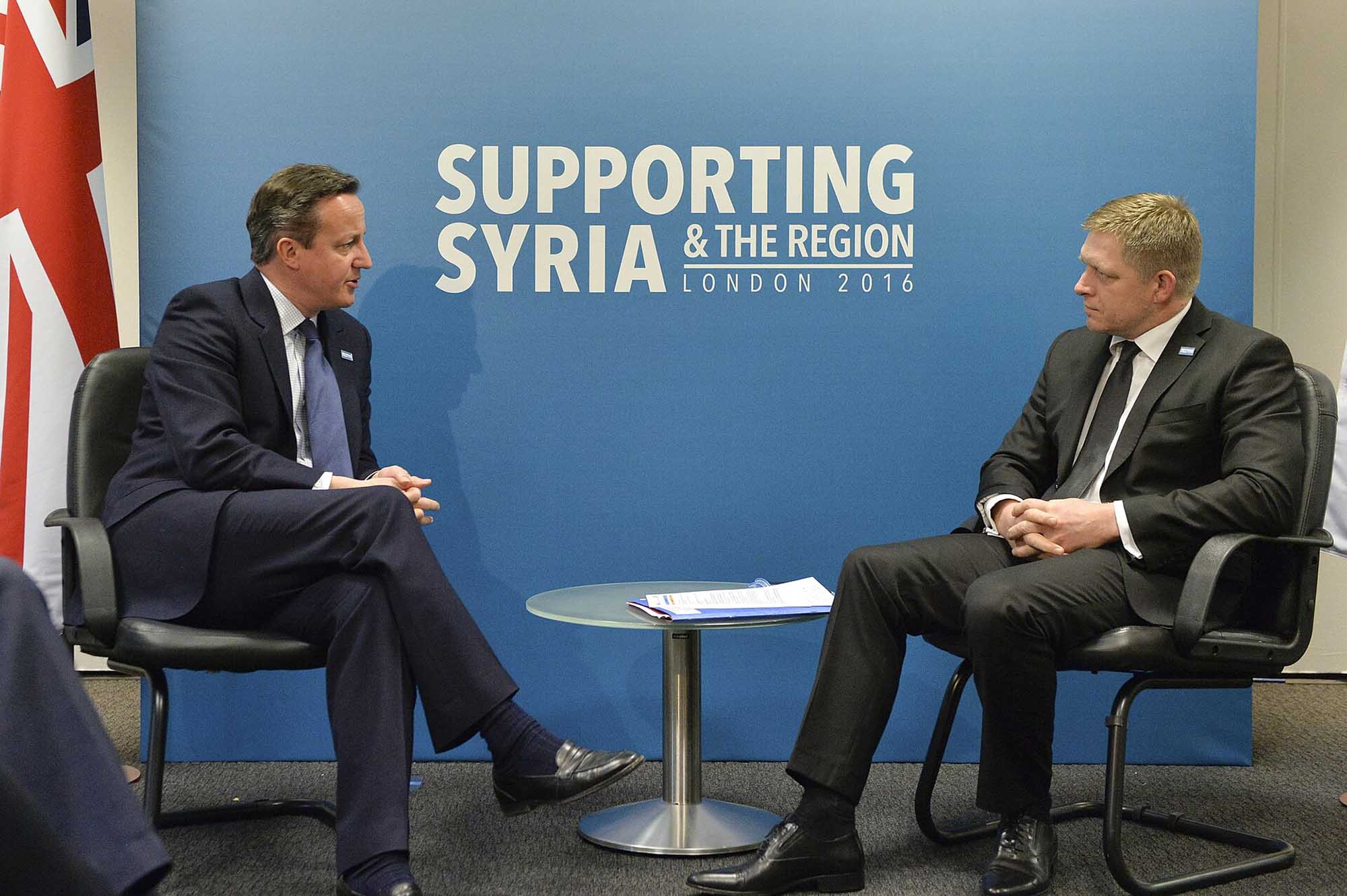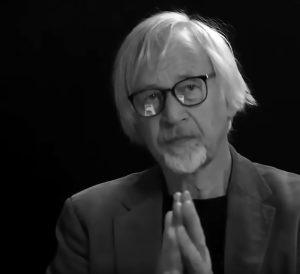Newly appointed Slovakian Prime Minister Robert Fico who is in open warfare with local media outlets has hinted at potential restrictions on their access to government officials.
Taking office in October as part of a coalition government led by his populist Smer party, Fico declared this week that prominent media entities, such as TV Markíza, Denník N, SME, and the portal Aktuality, were not welcome in his office. He accused them of openly expressing hatred and hostility toward Smer, spreading these sentiments joyfully.
“I have initiated actions against enemy media,” Fico asserted, stating that their permissions to enter and work in the government office would be scrutinized. Until a decision is reached, he declared them unwelcome guests.
Fico, who previously served as prime minister from 2006 to 2010 and again from 2012 to 2018, resigned in the wake of the murder of investigative reporter Ján Kuciak and his fiancée Martina Kušnírová, both associated with Aktuality. The killings triggered a political crisis and drew attention to press freedom in the region.
Now back in power, Fico has criticized the country’s public broadcaster and expressed disdain for independent media. Concerns are rising domestically and internationally that Slovakia’s press freedoms may be endangered, potentially following a trajectory akin to neighboring Hungary.

Peter Bárdy, editor-in-chief of Aktuality, described Fico as waging a personal war against journalists and misusing state power for it. While it remains uncertain whether Fico will ban media outlets from press conferences, Bárdy emphasized the detrimental impact on confronting politicians with the practical aspects of their policies.
Beata Balogová, editor-in-chief of the newspaper SME, echoed these worries, urging the European Union to be alarmed about the state of press freedom in Slovakia if it is serious about defending its values.
Watchdogs, including Pavol Szalai from Reporters Without Borders, voiced concerns about Fico’s rhetoric. By discriminating against certain media, Szalai argued, Fico also discriminates against a significant portion of citizens, condemning ruling parties’ attempts to restrict information access and question the independence of the public broadcaster RTVS.
President Zuzana Čaputová defended press freedom, asserting that the media is vital to democracy. She refused to support the division of society into noble or hostile parts.
Despite concerns, experts note that Slovakia’s media landscape is still stronger than Hungary’s, ranking 17th on the World Press Freedom Index compared to Hungary’s 72nd place. Szalai emphasized the need for vigilance, urging Fico to halt hostile rhetoric and actions in the name of the citizens’ right to information. Slovakia’s government has yet to respond to these developments.




